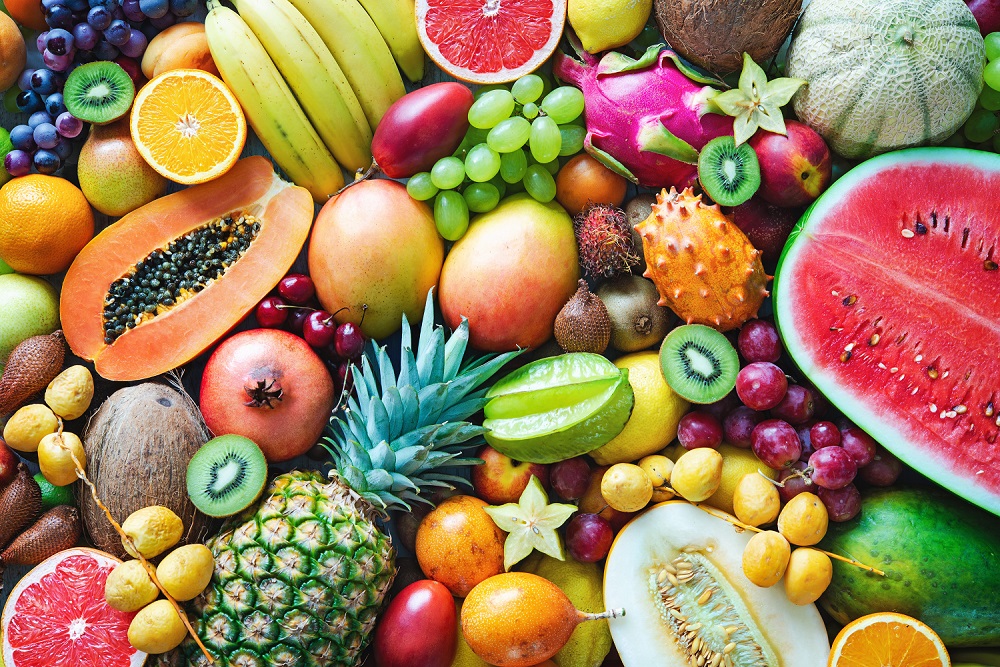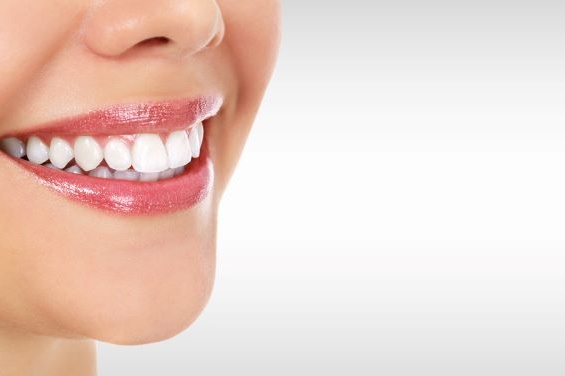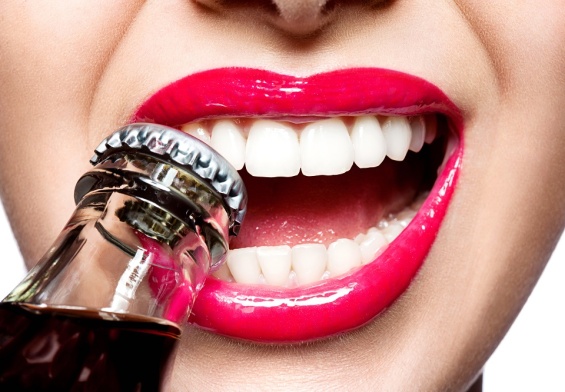Every healthy diet includes fruit, making it a powerful ally for maintaining strong teeth and gums. Incorporating a variety of fruits into daily meals supports overall health while addressing specific concerns like oral hygiene and age-related dental challenges. For seniors, who often face unique dental health issues, fruits are an easy way to promote oral wellness. This blog covers the oral health benefits of fruits, offering insights for seniors and showcasing their role in maintaining a radiant smile.
If you’re seeking expert advice on oral health, contact the best dentist in NJ to receive care personalized to your specific needs.
Strengthening Gums and Managing Inflammation
Vitamin C-rich fruits, like oranges, strawberries, and kiwis, are beneficial for gum health. This nutrient plays a huge role in reinforcing the connective tissues of the gums, reducing the risk of gum diseases like gingivitis and periodontitis. Additionally, the antioxidants in these fruits fight inflammation, a significant factor in preventing the progression of gum disease.
For seniors, incorporating citrus fruits into their diet can be a simple yet impactful way to protect their gums. However, as citrus fruits are naturally acidic, it’s best to enjoy them in moderation to prevent enamel erosion. Pairing them with non-acidic fruits, like bananas or melons, balances the diet while delivering a wide range of nutrients.
Hydration and Saliva Production
Dry mouth is a common issue for seniors, often linked to medications or natural aging processes. Fruits with high water content, such as watermelon, cucumber, and oranges, can support saliva production, which helps keep the mouth hydrated and reduces the risk of tooth decay. Saliva also naturally cleanses the mouth by washing away bacteria and food particles.
Seniors that struggle with dry mouth can find relief by including juicy fruits like watermelon and pineapple in their daily routines. Most dentists recommend adding these fruits as a natural and refreshing alternative to artificial saliva substitutes.
If dry mouth persists despite dietary changes, consulting the best dentist in NJ can provide additional solutions tailored to your needs.
Protecting Enamel and Strengthening Teeth
Calcium-rich fruits, such as figs and oranges, preserve enamel strength. Calcium supports the mineralization of teeth, which is essential for keeping them durable long-term.
For seniors with dental sensitivities, softening fruits through gentle stewing or blending can make them easier to consume while still delivering important nutrients. Chewing fibrous fruits like apples also contributes to mechanical cleaning, further complementing your oral hygiene routine.
Reducing the Risk of Oral Infections
Fruits like blueberries, cranberries, and pomegranates are recognized for their antibacterial properties. They’re rich in polyphenols that limit the growth of harmful bacteria, reducing the likelihood of infections and tooth decay. These same fruits can also help soothe inflammation and support gum health, making them an excellent addition to your diet.
For instance, cranberries can be consumed in small portions as part of a fruit salad or smoothie, helping seniors prevent oral health complications in a flavorful way. For more specific advice on infection prevention, consider visiting a knowledgeable NJ dental professional for expert guidance.
Improving Oral Hygiene with Fiber-Rich Fruits
Fruits like apples, pears, and bananas are packed with dietary fiber, which offers dual benefits for oral health. First, chewing these fruits stimulates saliva production, naturally cleansing the mouth. Second, their fibrous texture gently scrubs teeth, reducing plaque accumulation and promoting fresher breath. Adding such fiber-rich options to daily meals supports both oral and digestive health, especially for older adults.
Practical Tips for Seniors to Enjoy Fruits
- Pair Fruits Thoughtfully: Combining acidic fruits with neutral options like bananas or avocados minimizes potential enamel erosion while offering a balanced nutrient profile.
- Practice Good Oral Hygiene After Eating: While fruits are a healthy snack, their natural sugars can contribute to tooth decay if left unchecked. Rinse your mouth with water after eating or brush gently to maintain oral health.
- Choose Whole Fruits Over Juice: Whole fruits retain fiber and nutrients that juices often lack. When having juices, go for those with pulp to maximize the benefits.
- Adapt Preparation Methods: Seniors with dental sensitivities can enjoy softer fruits like ripe pears or cook firmer fruits like apples into stews for a gentler alternative.
Supporting Seniors’ Oral Health Through Diet
Fruits provide seniors with an accessible and natural way to address common oral health concerns. From reducing inflammation to promoting hydration and preventing infections, fruits are a simple yet powerful addition to any diet. They’re also an effective way to meet the nutritional needs of older adults while supporting overall well-being.
By prioritizing whole fruits and integrating them into daily routines, seniors experience tangible benefits for their dental health as well as their energy levels, digestion, and general wellness. With the guidance of a trusted NJ dentist, you can refine your oral health habits and enjoy the lasting benefits of a fruit-rich diet.
Take the Next Step Toward Better Oral Health
Fruit has myriad impactful oral health benefits, particularly for seniors with age-related challenges. A balanced diet that includes fruits like oranges, apples, and blueberries supports dental health and contributes to a healthier overall lifestyle.
Ready to take the next step in improving your oral health? Schedule a visit with an experienced NJ dental professional today to receive personalized advice and care. A healthy smile is just a consultation away.
Resources
USDA MyPlate: Fruits
Healthline: Healthy Fruit Guide
Medical News Today: Healthiest Fruits




